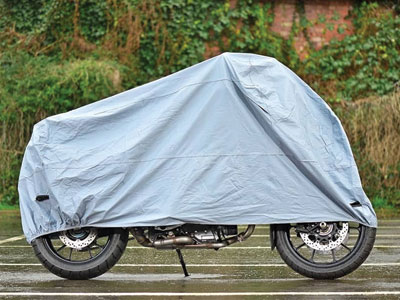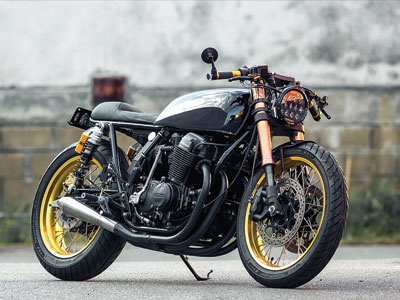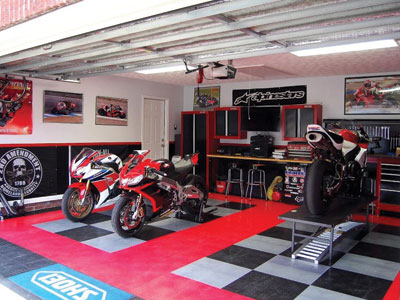Collector motorbike insurance: Which one to choose?
Why insure your special motorbike with standard cover? After all, your motorbike is anything but standard. With vintage and classic motorbike insurance, you not only get broader protection on the agreed value, but you can also potentially save hundreds of pounds per motorbike on your annual premium.



